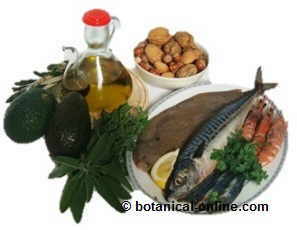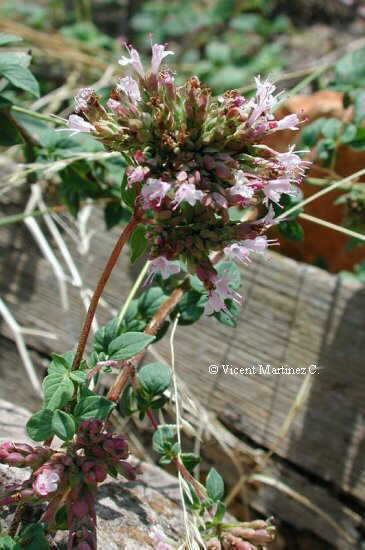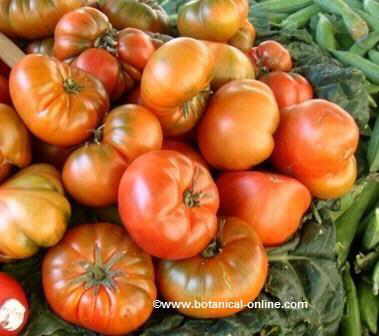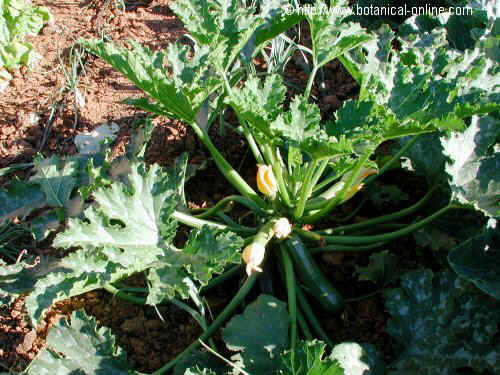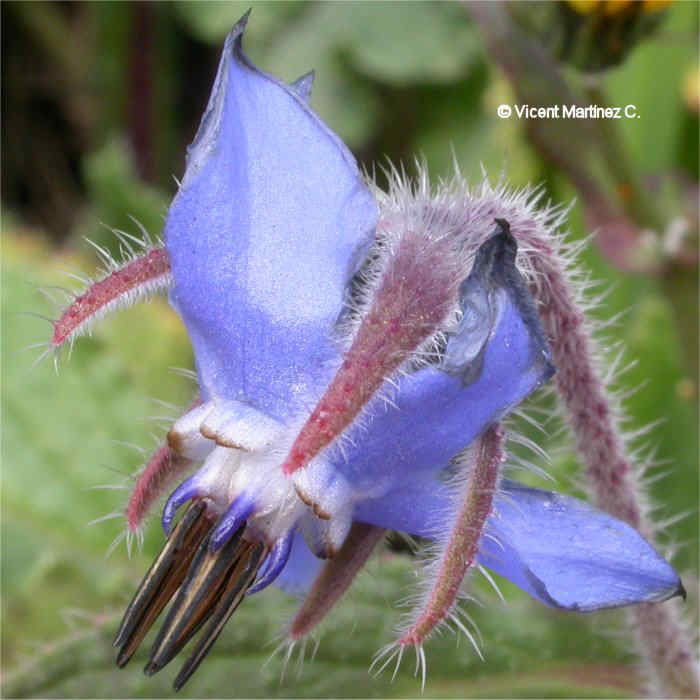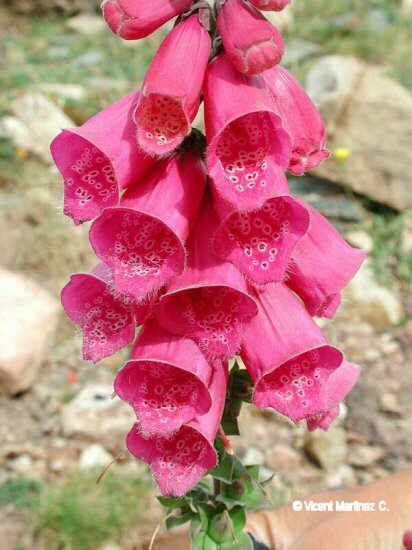Contents
CHARACTERISTICS OF SABINE (Juniperus sabina L.)
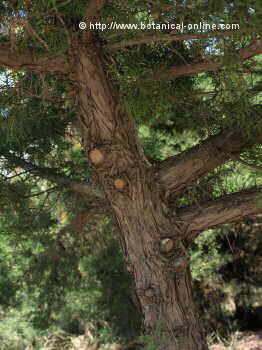
Scientific noun: Juniperus sabina L.
Family: Cypress family -Cupresaceae
Habitat: In rocky or sandy places and continental steppes.
Active principles
Sabinol, sabinene, cadinene and thujone
Active parts
Mainly essential oil, which is found in its fruits and tender stems.
Uses of Sabine
Medicinally the essential oil has been used to combat the warts and to calm the attacks of rheumatism, by means of the external topical application of this product. Likewise, homoeopathically, it has been used for the treatment of the metrorrhagia and as abortive, for the capacity that has the sabinol of contracting the uterus and, therefore, to cause the abortion, in the event of pregnancy (oxytocic properties).
The leaves have been used to carry out decoctions for their emmenagogue properties, that is to say that they favour the menstruation. Equally it has been used in popular medicine the decoction of the bark to cause abortion.
Given its toxicity the home-made elaboration of medicinal products is dissuaded.
Toxicity
Extreme. – the same consideration deserves the species Juniperus virginiana L. and Juniperus thurifera L. in the event of ingestion of the essential oil the consequences are dramatic, if lethal doses is ingested. The quantity is estimated for the humans in approximately a gram or 5 or 6 drops of essential oil.
The use of the essential oil or the bark as abortive has proved to be deadly many times. The same result has taken place in goats or cows that have eaten this plant, producing them, not only the lost of the breeding, but serious lesions in the kidneys and in the digestive apparatus.
Similar abortive properties have been discovered in animals that ate the tender buds of the common juniper (Juniperus communis) or the needles of certain species of pines, as Pinus ponderosa and P contorta, taken place by the action of the isocupresic acid, especially in the last three months of gestation.
The same considerations could be applied to the North American species Juniperus virginiana L. that can be cultivated in many gardens, and the species Juniperus thurifera L. that appears in colder climates with calcareous floors.
When applied externally, the essential oil or even the contact with the leaves, whole, mashed or crushed, in smaller dose irritates the skin, and, in higher doses, they produce bladders. The essential oil, used internally, produces irreversible lesions in the digestive and urinary apparatus, with necrosis of the kidneys in many cases.
The pollen of this plant has equally been proven to be toxic for the bees. In the same way, the honey obtained from its flowers should not be dedicated to the human consumption by its possible toxicity.
Symptoms
In minor doses irritation of the mouth, diarrhea, vomiting, pain in the stomach, colic. In higher doses, the results are fatal in 50% of the cases, some hours after having ingested the drug or in the interval of one week, with increase of the heart pulse, difficulty in breathing, cramps and paralysis of the central nervous system, coma and death.
![]() More information about plants.
More information about plants.

